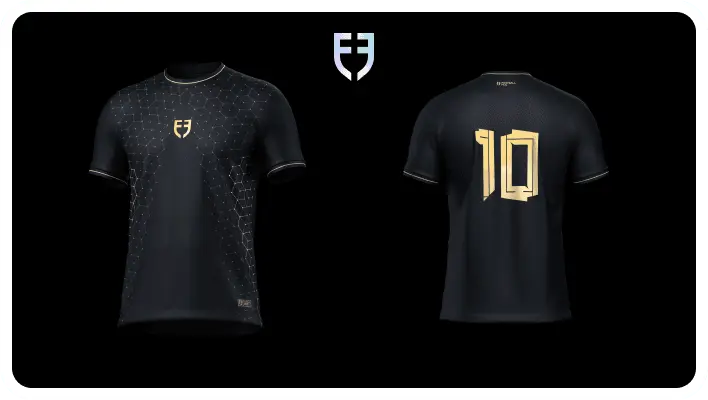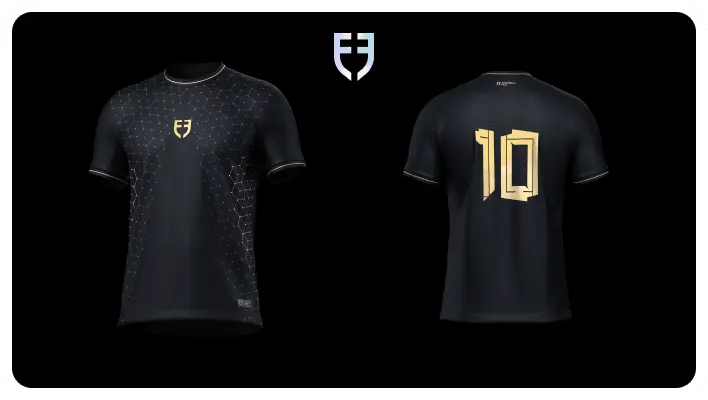Football.Fun, the browser-based fantasy football game built on Base, has reached a $100 million player token market cap just weeks after going live. At its peak, the platform even climbed close to $150 million before settling back to the $100 million range. The achievement highlights the fast-growing appetite for sports-driven Web3 experiences and signals that fantasy football could have a new home on-chain.
What is Football.Fun
Football.Fun, also called FDF, is a fantasy football game redesigned for the Web3 era. Instead of simply drafting a team and tracking points, players purchase fractionalized tokens of real-world footballers that can be freely traded. Each athlete becomes a digital asset whose value fluctuates with demand, mirroring a mix of fantasy sports and market speculation.

Football.Fun Hits $100M Market Cap Within Weeks of Launch
The platform runs fully in a browser, requiring no downloads or complicated setup. Player tokens are bought using the in-game “Gold” currency, which is pegged 1:1 to USDC (Base Blockcchain), giving the game a clear entry point for both casual fans and crypto-native users. Rewards come not just from individual player performance but also from broader team outcomes, meaning there are multiple ways to build strategies.
This model has already attracted more than 10,000 active wallets, a notable achievement for a title that only recently launched. The seamless onboarding and football’s universal appeal are proving to be strong drivers of its early success.
Key details on the $100M Market Cap
The numbers behind Football.Fun’s rise stand out. Within its first two weeks, the platform’s player token market cap hit over $150 million, before finding balance around $100 million. On August 24 alone, daily trading volumes were reported near $15 million, underlining the scale of engagement.

Football.Fun Market Cap
The economic model is built on an automated market maker (AMM), ensuring tokens remain liquid and tradable. Fees start at 5% but can climb up to 25% during periods of heavy volatility, creating both stability and a steady revenue stream. Alongside this, Football.Fun monetizes through player pack sales, keeping the economy active without relying on a native governance token.
Critics have raised questions about the long-term sustainability of such rapid growth, noting that it may depend heavily on a constant stream of new players and traders. However, the pace at which Football.Fun has attracted activity suggests it is resonating strongly with fans eager for a new fantasy sports format.
Why It Matters for Web3 Gaming
Football is the most popular sport in the world, and Football.Fun taps into that global passion in a way that feels both familiar and fresh. Instead of simply picking players and watching the points roll in, the game creates a live market where fans can trade, speculate, and actually own a piece of the action. It blurs the line between fantasy sports and finance, which is exactly why it has caught people’s attention so quickly.
For Web3 gaming, hitting the $100 million mark so early is a statement. It shows that when the concept is easy to grasp and the theme resonates with a massive audience, adoption can come fast. Sports-based games may be one of the clearest bridges between traditional fans and on-chain ecosystems, and Football.Fun is proving that with real numbers.
The achievement is not just about market cap. It signals that Web3 gaming has room to grow beyond niche projects and into areas that appeal to everyday players. Whether Football.Fun can sustain this momentum is still an open question, but its early success feels like a genuine win for Web3 gaming.




